Kent Research Round-Up
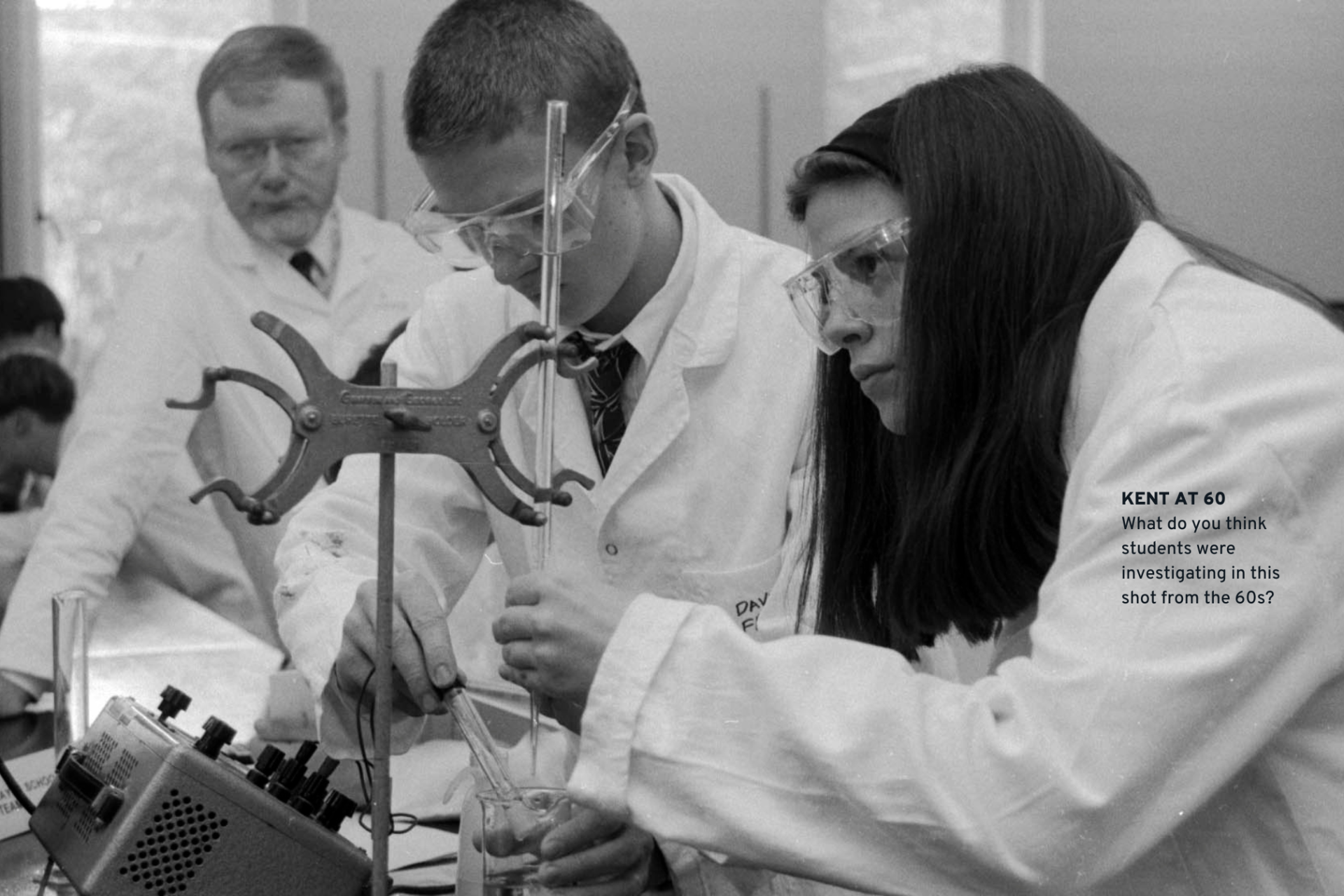
Research round up
A snapshot of the research and innovation activity happening across the University of Kent.
Curiosity we're falling for
The latest research projects transforming ideas into insights and impact
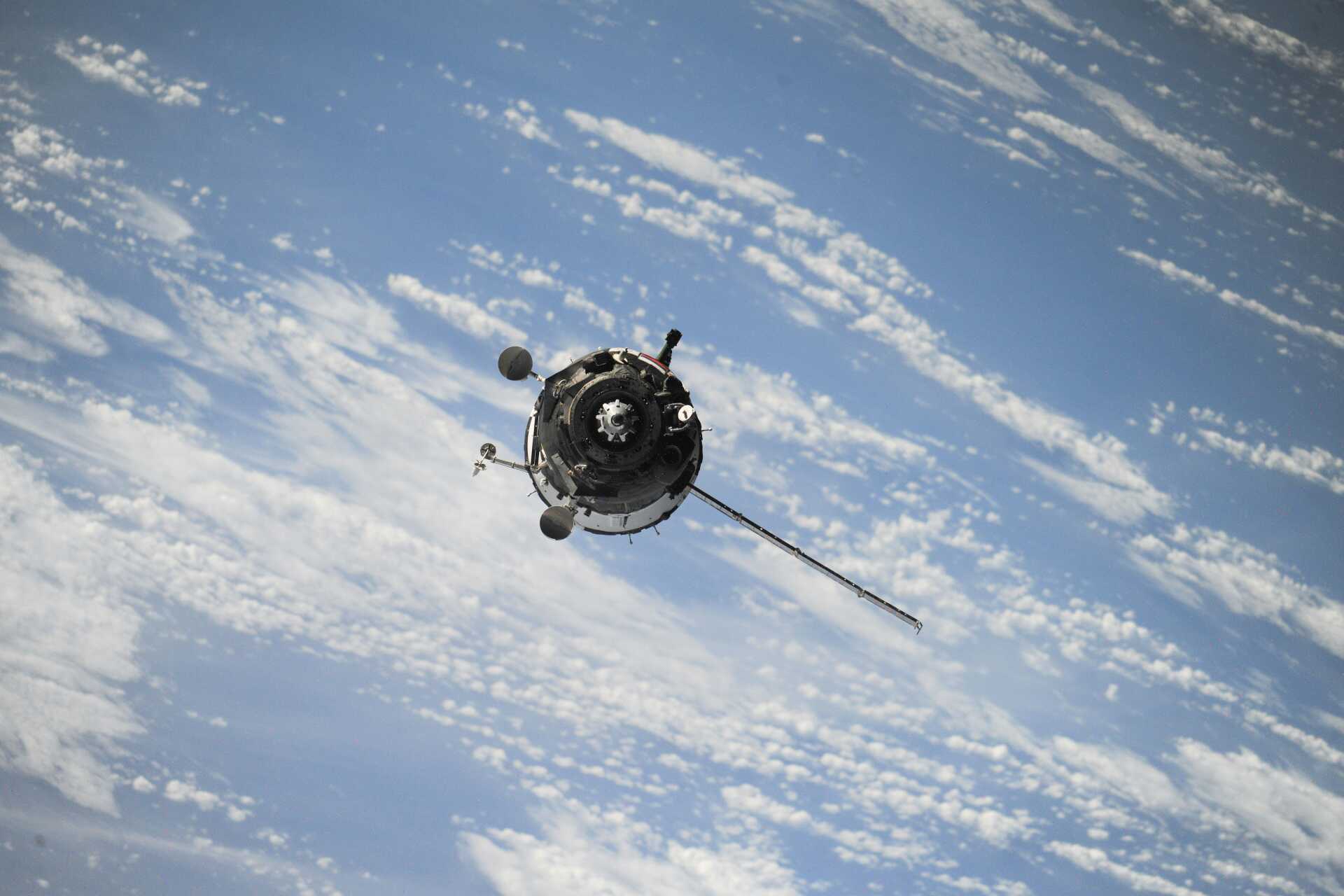
What can we do to prevent a space debris crisis?
Dr Penelope Wozniakiewicz is set to use the light gas gun in Kent's Impact Facility to simulate the impact that space debris could have on spacecraft and our atmosphere to help the industry develop better ways to manage it.
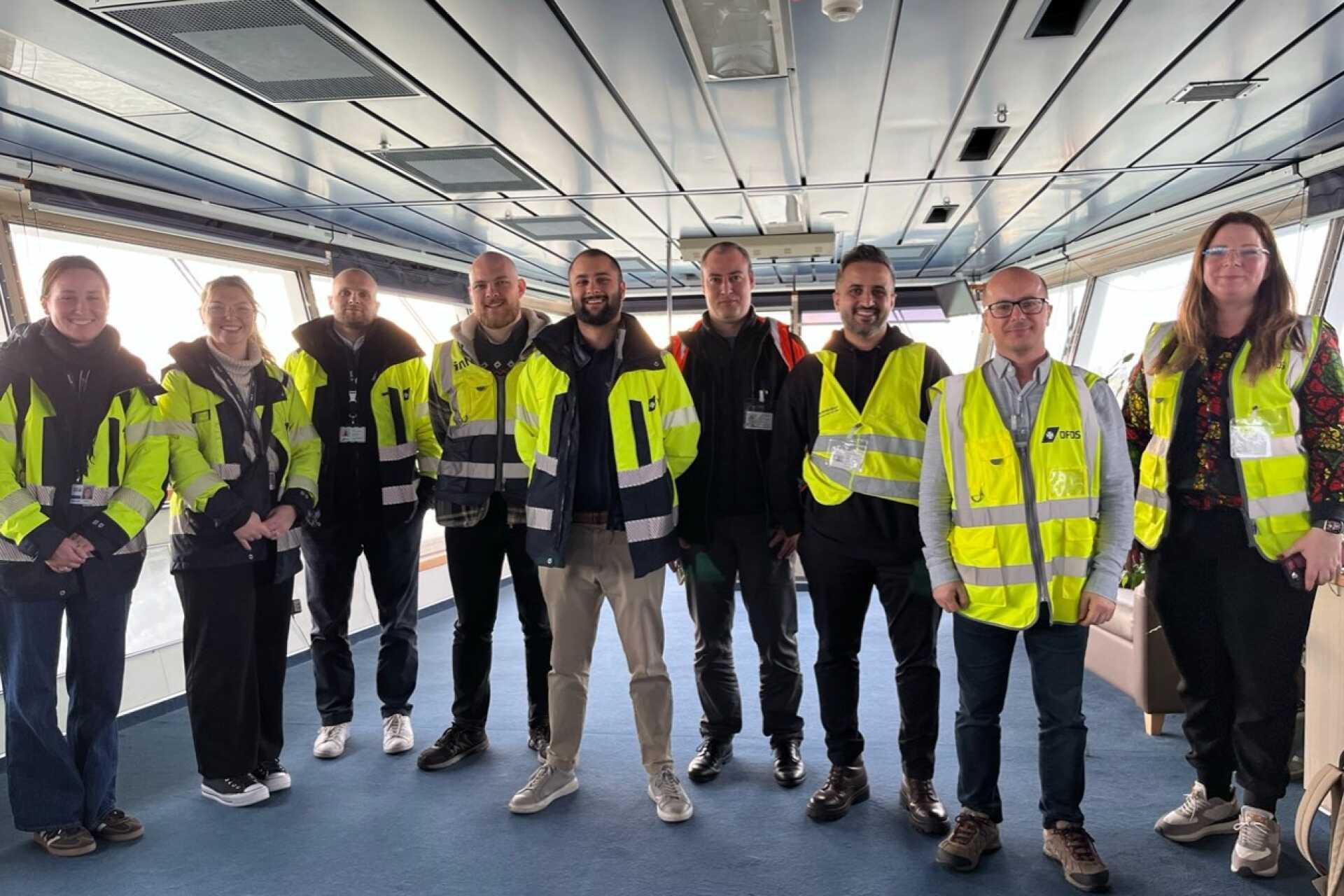
Is electric ferry travel from Dover possible?
With funding from Innovate UK, Kent Business School are continuing to develop models with DFDS to help them optimise the introduction of electric ferry travel between Dover and Calais.
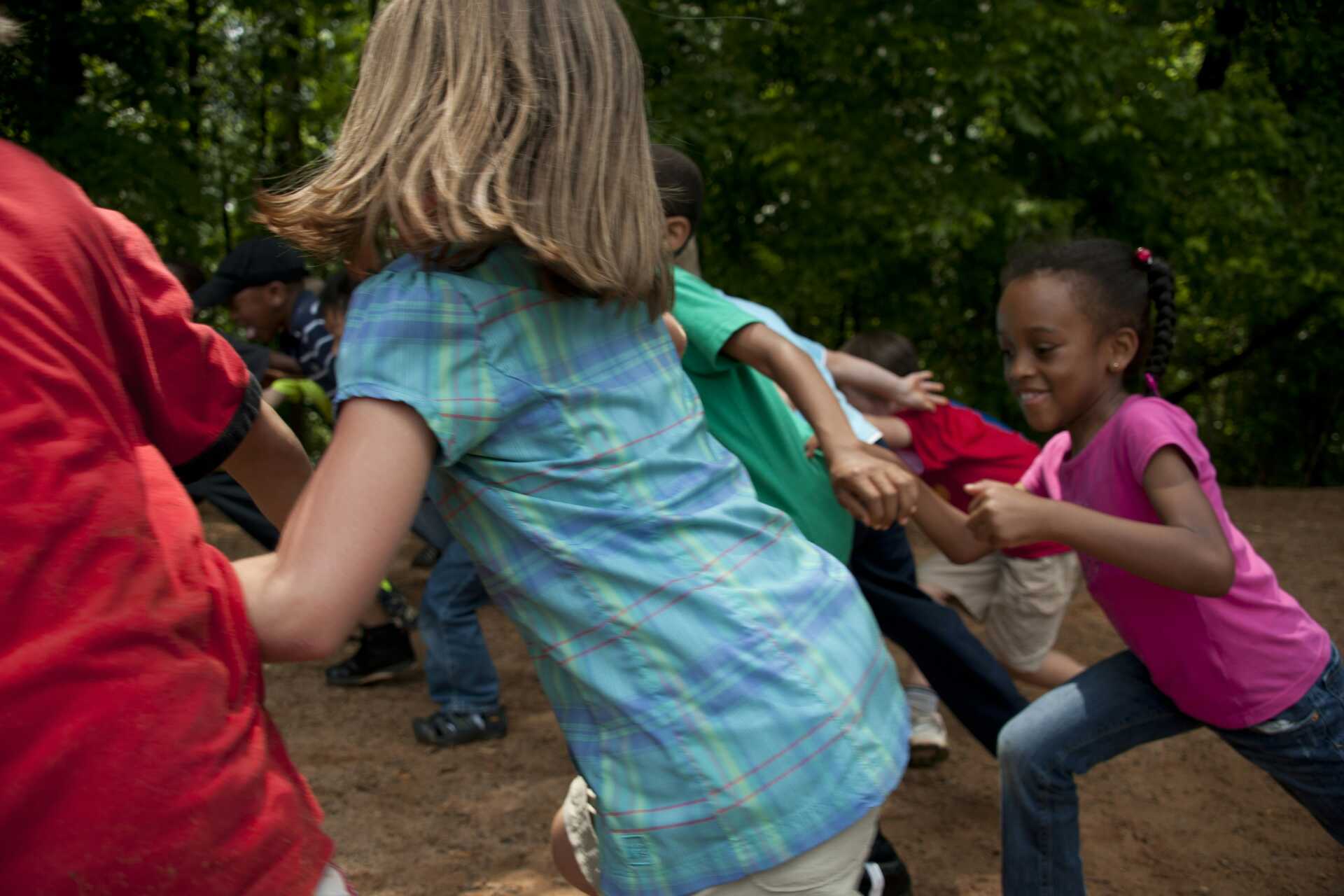
How are children affected by inter-group contact?
Dr Lindsay Cameron will be evaluating the impact of an intergroup contact education programme delivered in schools among children to better understand how it impacts their attitudes, behaviours and confidence in contact.
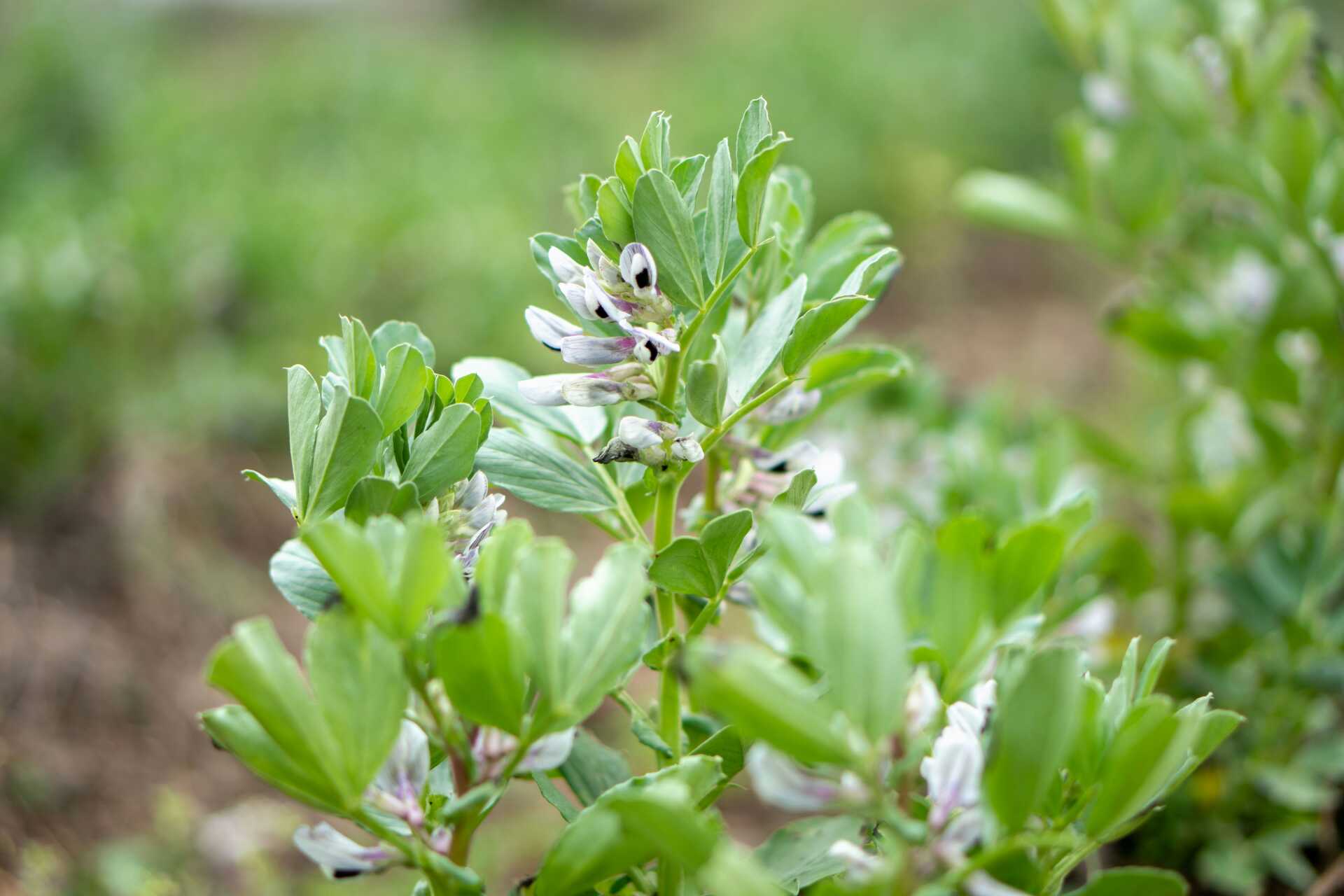
Can we help boost bean consumption?
As the sole university partner for the Food Foundation's new 3-year campaign encouraging people in the UK to eat more beans, Kent researchers are exploring ways to work with local farmers to trial new approaches to growing beans locally.
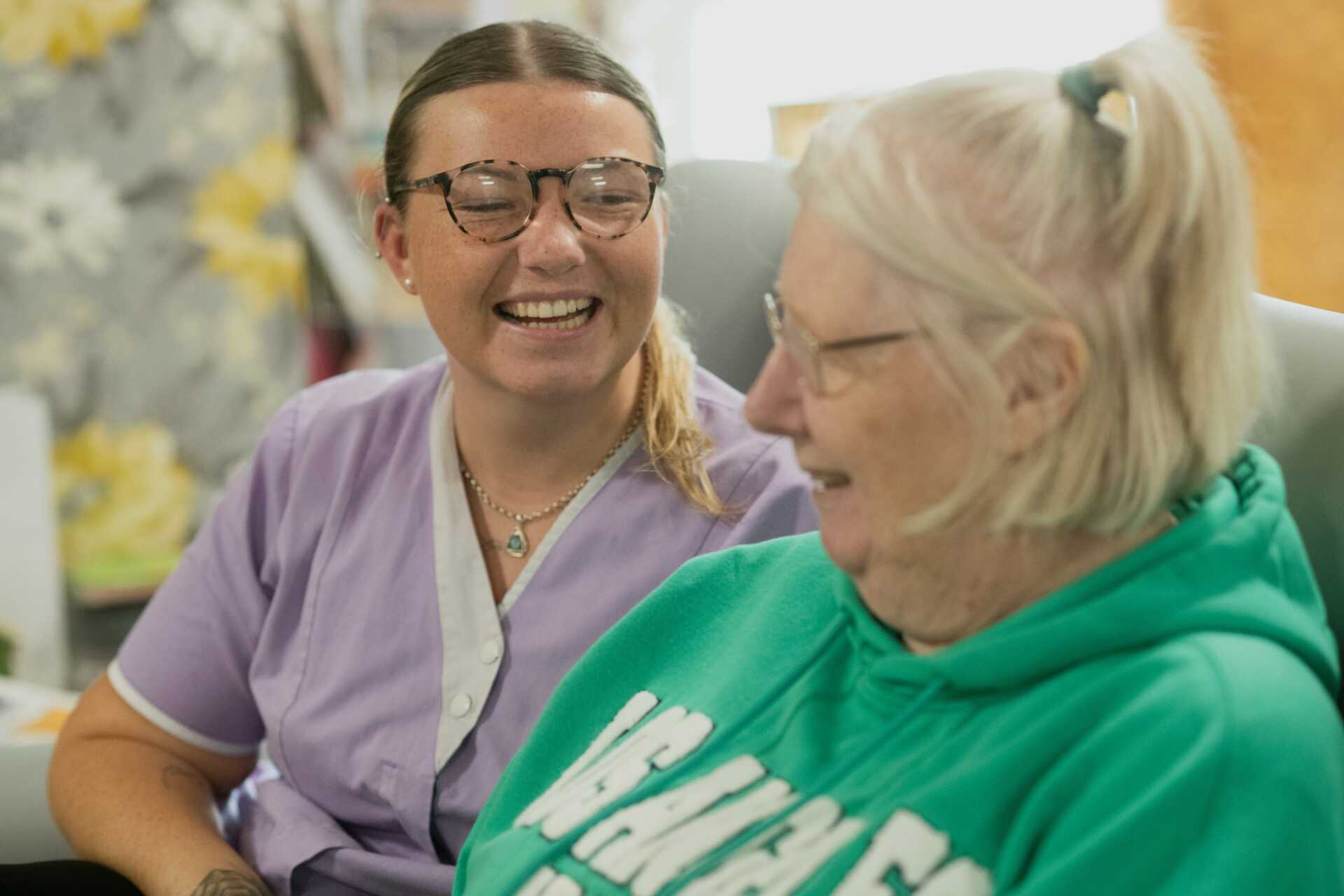
How can we support learning for care home staff?
Kent researchers from the Centre for Health Services Studies are involved in a national new project to help staff in care homes better support older people with complex needs such as dementia and multiple health conditions.
In the media
-
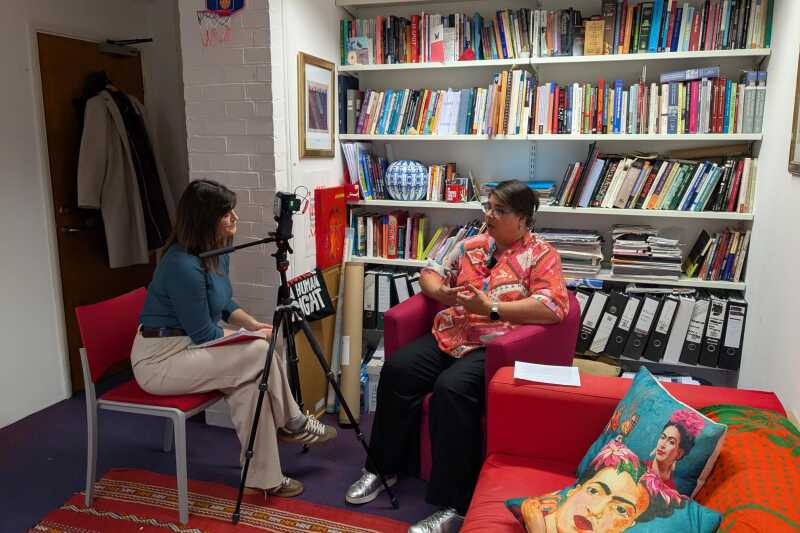
Preventing anti-Muslim hate crime
Dr Suraiya Jivraj spoke to ITV Meridian about why anti-Muslim hate crime is on the rise in the UK.
-
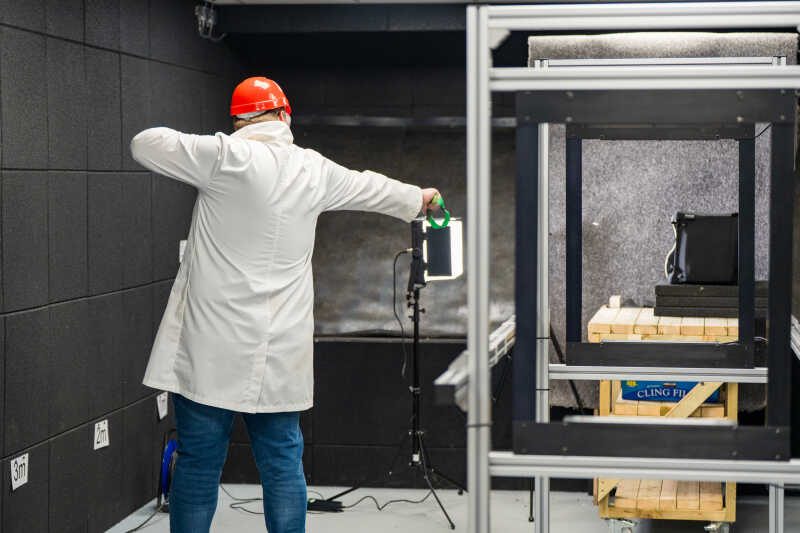
Catapult attacks in the UK
Dr Chris Shepherd demonstrated the threat posed by catapults in Kent's ballistics facility.
-
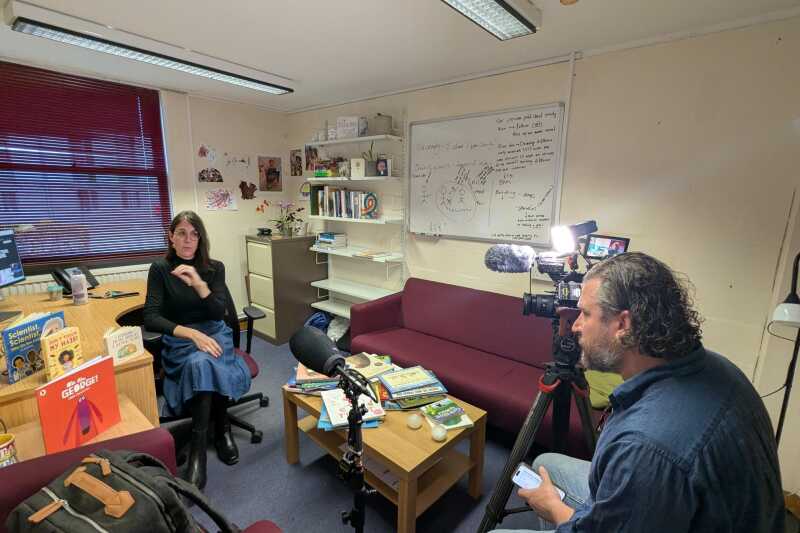
Why we should read to children
Dr Angela Nyhout discussed why reading to children is so important on ITV Meridian.
-
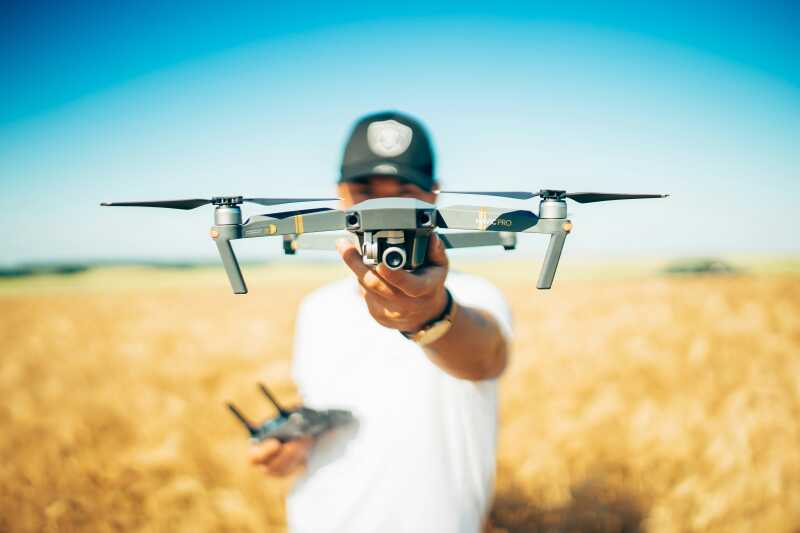
Flying under the radar
Dr Alan McKenna commented on the new laws requiring drone users to take theory tests.
-
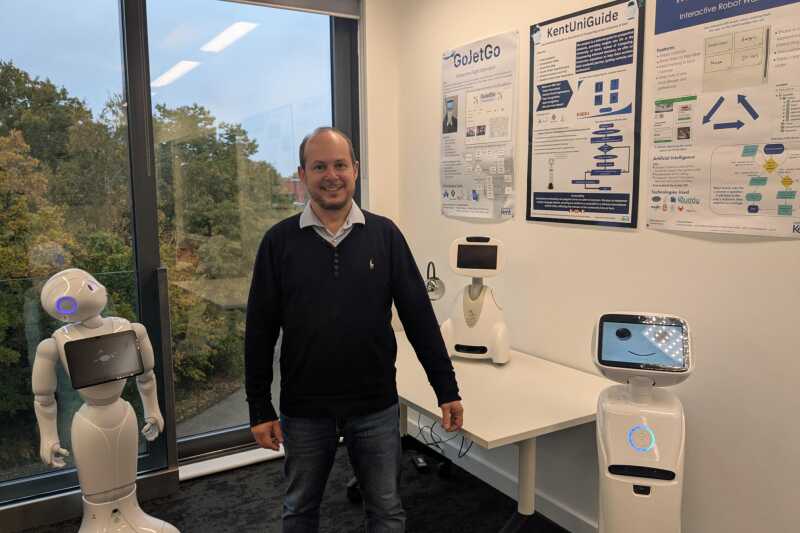
The art of robotics
Dr Giovanni Masala celebrated Robot Week with BBC Radio Kent.
-
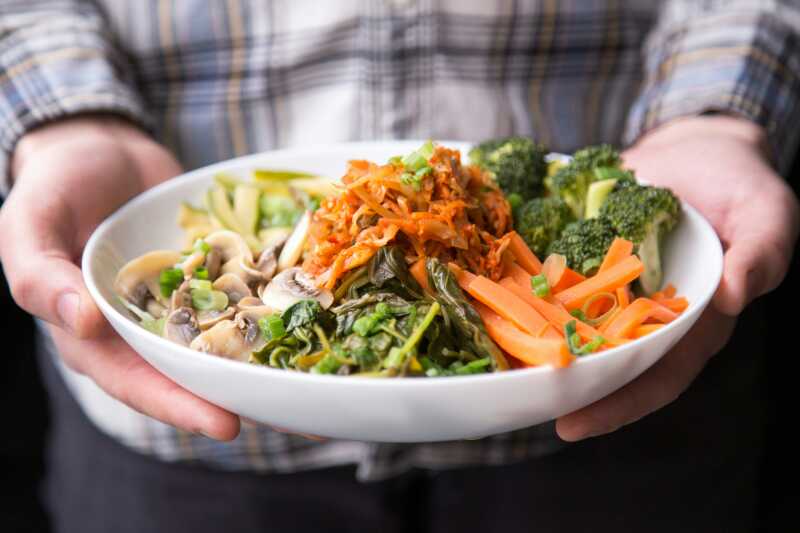
Why we should give veganuary a chance
Dr Kristof Dhont spoke to Greatest Hits Radio about why we should be adopting plant-based diets.

A boost for regional healthcare.
Improving health outcomes, reducing health inequalities and strengthening the resilience of services across the region takes a collaborative effort.
That's why the National Institute for Health and Care Research (NIHR) have allocated a portion of £157 million in funding to the University of Kent-led NIHR Applied Research Collaboration (ARC) across Kent, Surrey and Sussex.
The funding will enable Kent, organisations in health and care services, other universities and NHS host, Sussex NHS Foundation Trust (SPFT), to continue to conduct research that advances healthcare across the region.
Knowledge exchange in action
-
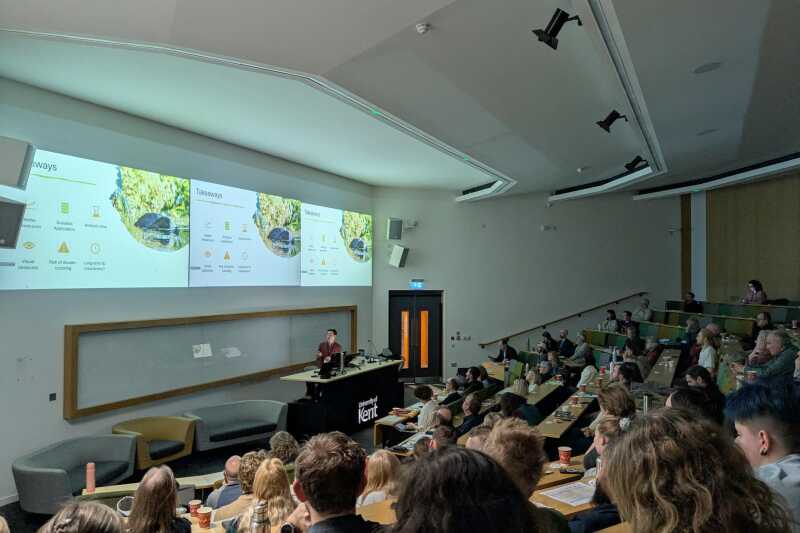
East Kent Conservation Research Symposium
Students and researchers gathered with local conservationists to discuss beavers, foraging and more.
-
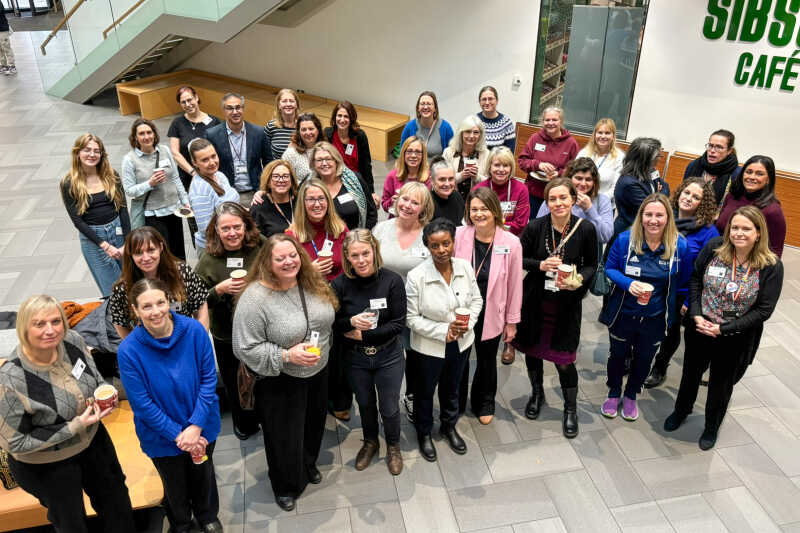
Whose Menopause Matters?
This public workshop took a dive into Dr Samantha Evans' research into menopause at work.
-
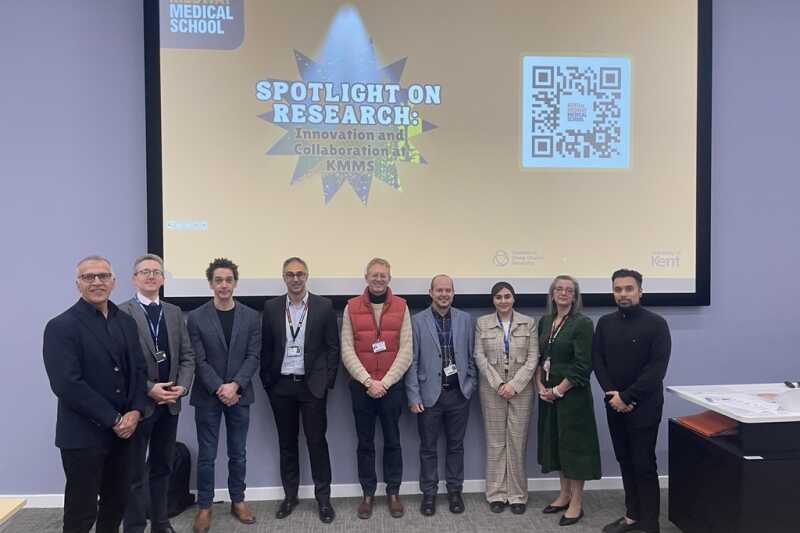
Kent and Medway Medical School Research Spotlight
A lively programme of talks showcasing the wide range of research in the Medical School.
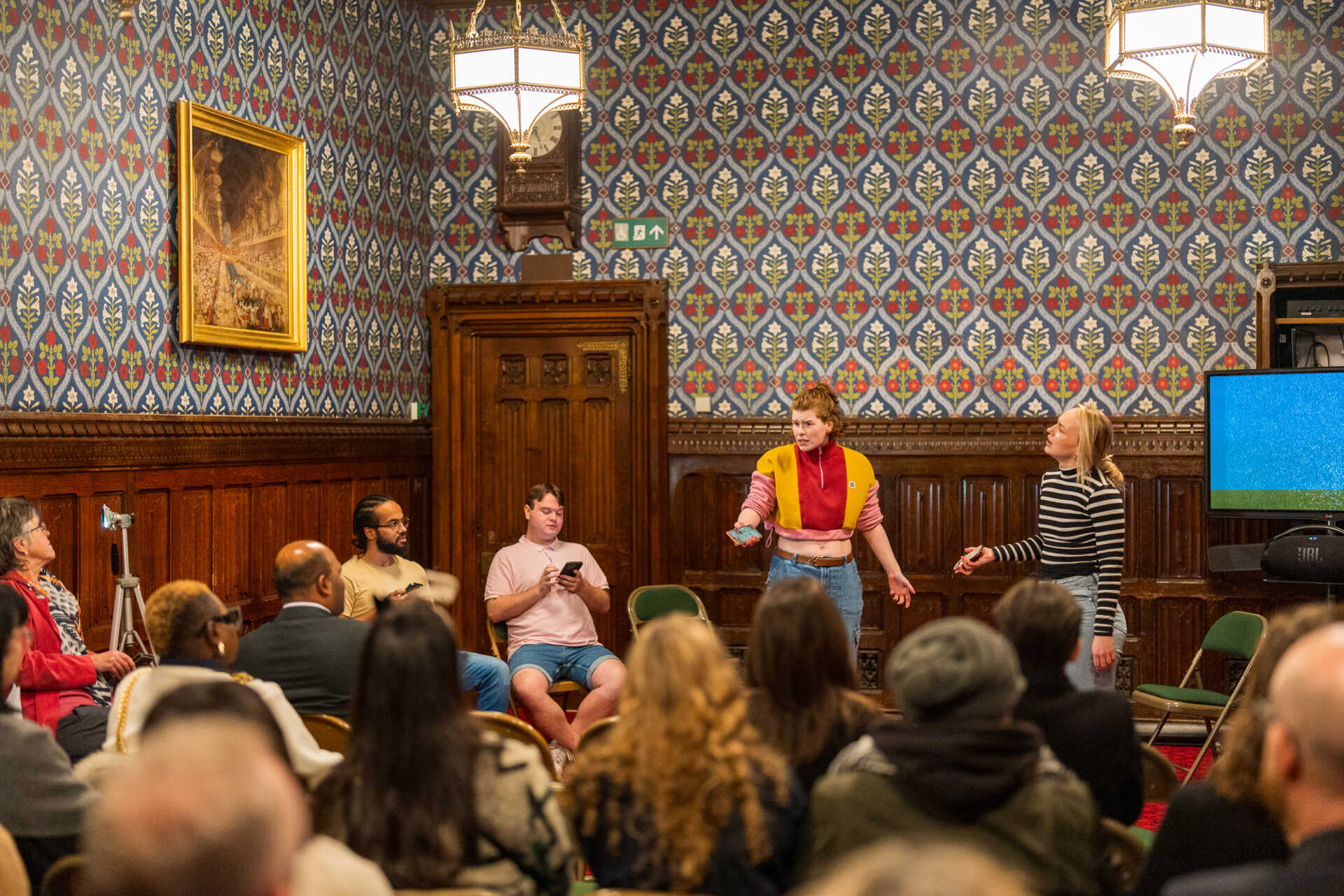
Bringing FOMO to Parliament
What impact are smartphones having on youn people's mental health? That's one question explored in Generation FOMO, a verbatim play created from interviews conducted by Isabelle Defaut, Artistic Director of Portrait Theatre, Graduate Theatre Company with the Drama Department at Kent.
Underpinned by research commissioned by the Outreach and Widening Participation team, the play has been touring secondary schools in Kent and was recently performed in the Houses of Parliament, prompting informed, compassionate and responsive conversations around policy on smartphone use.
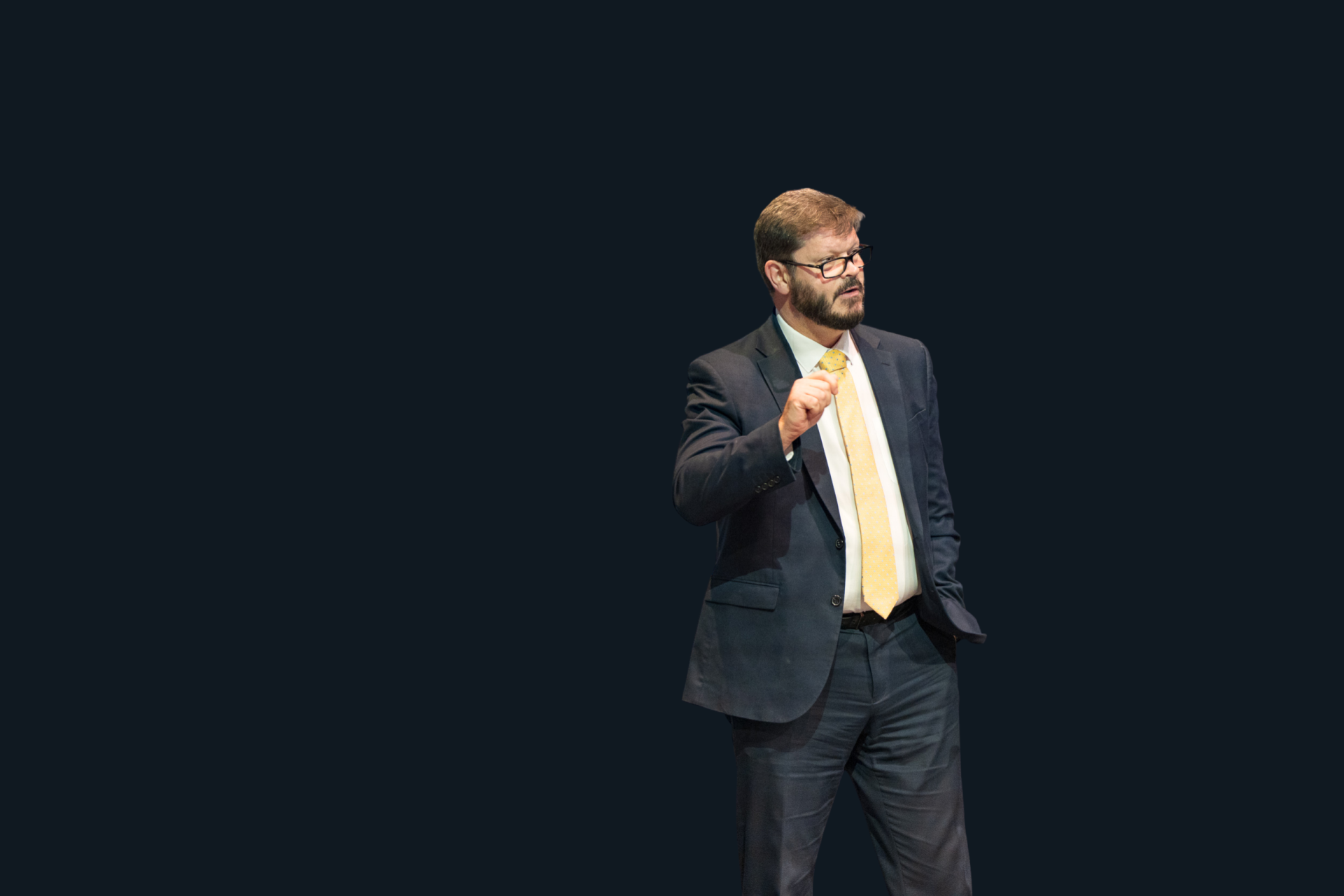
Nationally, research and innovation are becoming more mission-driven and place-based.
Nick Lancaster Director of Business Development, Research and Innovation
Events on the horizon
If you are organising social, community and cultural events and activities, please record them here.
This page is updated quarterly by Kent's Communications Team. If you have a research story you would like to share with us, contact communications@kent.ac.uk.
